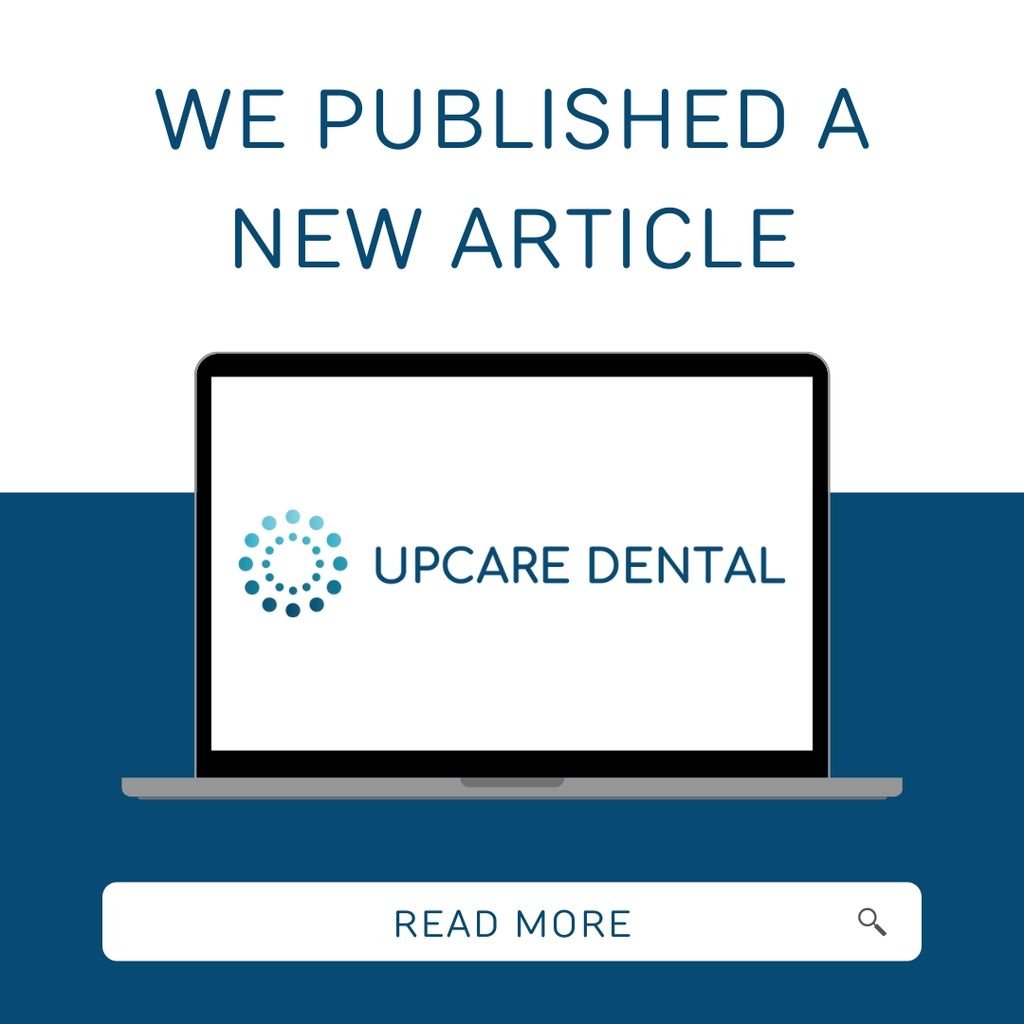
Essential Information on Blood Thinners and Oral Surgery from UpCare Dental Clinics
At UpCare Dental Clinics, we understand that managing your health is a priority, especially when it comes to dental procedures. Blood thinning medications are crucial for preventing serious conditions such as heart attacks and strokes, but they can affect your oral health and surgical outcomes. If you’re considering oral surgery, it’s vital that we know about all medications you’re using.
Understanding Blood Thinners
Blood thinners come in two main categories. The first type prevents blood clotting and includes medications like aspirin and Plavix. The second type, such as Coumadin (warfarin), works to prevent blood from coagulating. Knowing which type you’re using helps us manage your surgical risk effectively.
What We Need to Know
When you come in for an oral surgery consultation at UpCare Dental Clinics, it’s important to inform us about all the medications you’re taking. This includes over-the-counter drugs, supplements, and prescription medications. We need your complete medical history to ensure a safe and effective treatment plan. Our team may also inquire about the purpose of each medication to identify any potential side effects or interactions that could impact your surgery.
Preparing for Oral Surgery
Do not stop any medication without first consulting your doctor. Depending on your specific health needs, your doctor might recommend certain blood tests before your procedure. Effective communication is crucial, both with your primary healthcare provider and with our dental team. If additional medications are necessary for your treatment, discuss any possible drug interactions with us.
Minimizing Bleeding During Recovery
While some bleeding is normal after oral surgery, there are steps you can take to minimize it. Apply firm pressure to the affected area with gauze for up to 30 minutes to help control bleeding. Depending on your procedure, we may advise you to avoid hot drinks and refrain from rinsing your mouth for the first 24 hours. Additionally, steer clear of hard or sharp foods that could aggravate the surgical site.
Why Your Medical History Matters
Before any oral surgery, our skilled team at UpCare Dental Clinics needs a comprehensive understanding of your medical background. This knowledge allows us to tailor the best possible solutions to your needs while prioritizing your safety and comfort.
If you have any questions about how your medications might affect oral surgery or need to discuss your upcoming procedure, please reach out to UpCare Dental Clinics. We’re here to provide the care and information you need for a smooth and successful treatment.
